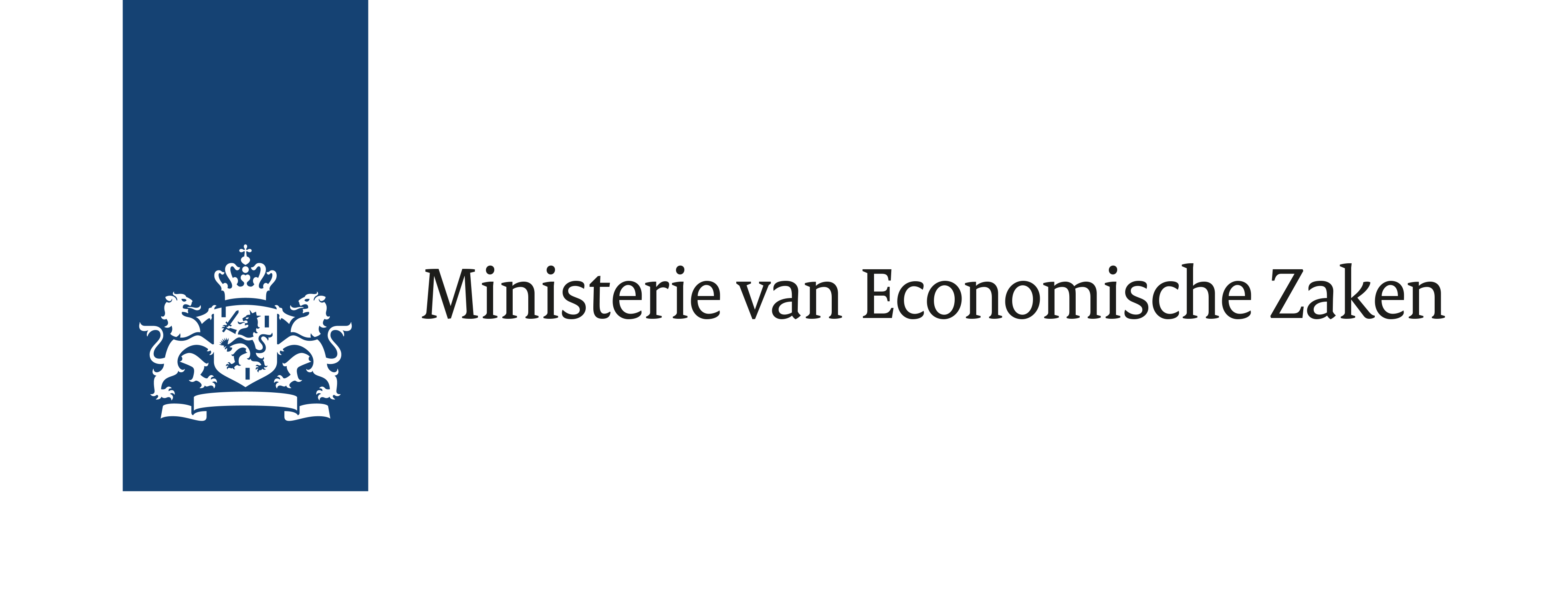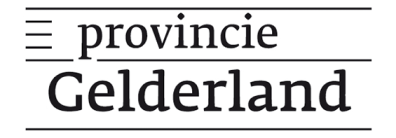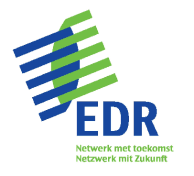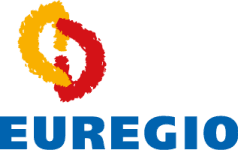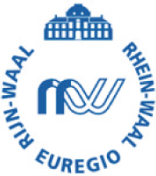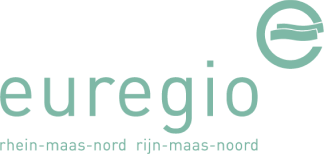The demand for fast, convenient, reliable and affordable Public Transport (PT) is strongly increasing in the Netherlands and Germany. At the same time, transport companies are struggling to maintain existing services and routes due to rising costs and a growing shortage of bus drivers: in the Netherlands, the shortage is 56% (RU ‘23), while in Germany, 67% of bus companies (BDO ’23) do not have enough drivers to run full schedules.
This puts pressure on the entire public transport system, which manifests itself mainly in a reduction of bus services. In the Netherlands, for example, as many as 40% of bus lines have disappeared in the past 10 years (CROW ‘23). This puts people without a car at risk of socio-economic isolation (PBL, KiM), while other bus users rely on alternative means of transport, such as their own car. This leads to additional congestion, higher parking pressure and increased CO2 emissions.
To address these challenges, both Dutch and German governments see automated transport (CCAM) as a promising solution to reduce operational costs and the shortage of bus drivers. Automating bus depots in the programme area alone would save around €61M a year. This money could be used effectively to tackle transport poverty without the need for additional bus drivers.
FLEX unites passenger organisations, municipalities, transport authorities, (transport) companies and research institutes from Germany and the Netherlands to accelerate the integration of CCAM in public transport by 2030:
- Demonstrating CCAM in 2 bus depots (NL and DE) and 1 location on public roads (NL).
- Integrating CCAM into public administration through concession contracts and WMO transport, and drafting the first EU guide in this area
- Stimulating Dutch-German cooperation for cross-border CCAM.
FLEX shows the direct application and added value of CCAM in public transport and with the aim of achieving a structural improvement of public transport in the German-Dutch border region.

